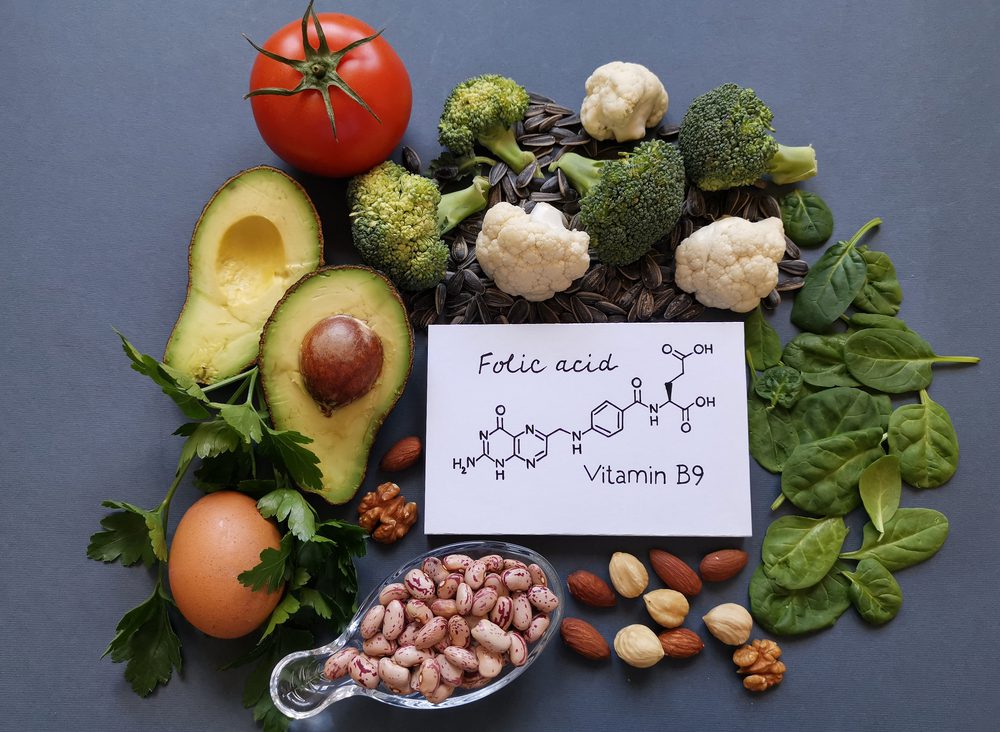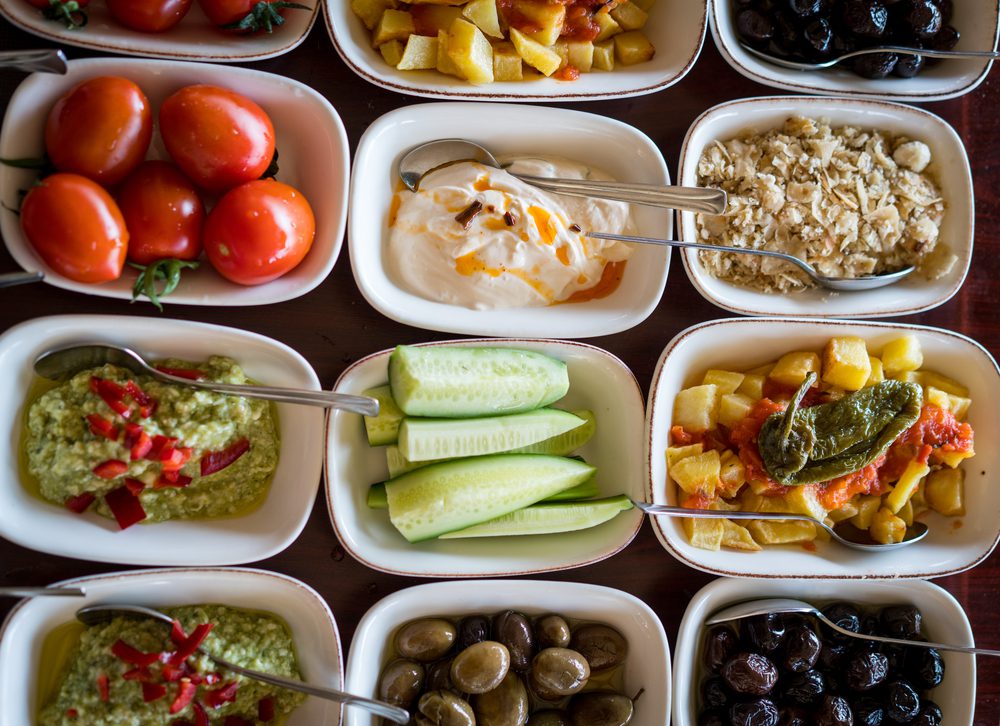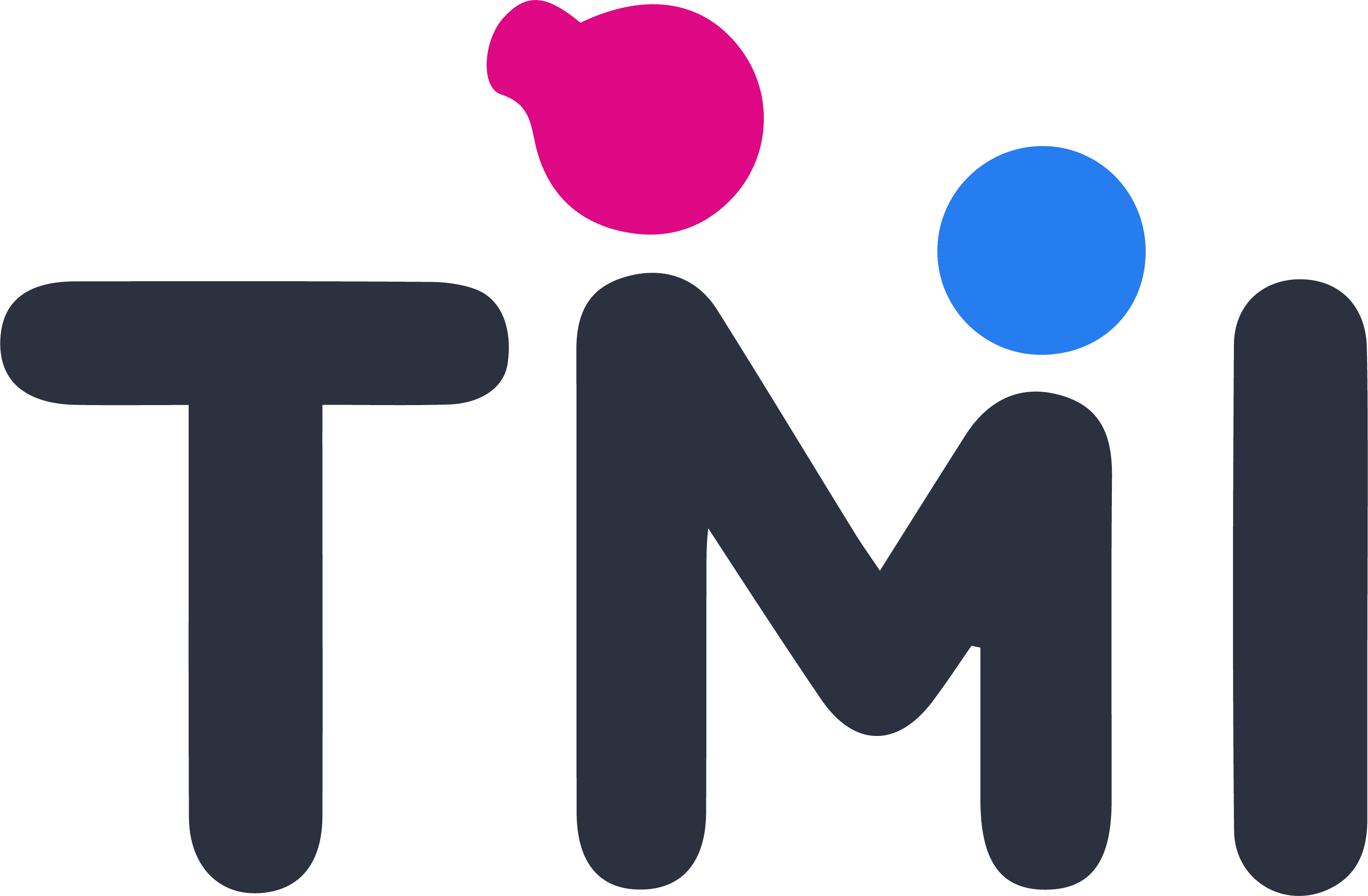Introduction
Pregnancy, the sublime miracle of life, heralds a period of extraordinary metamorphosis, not solely for the expectant mother but also for the burgeoning life within. As the body undertakes an astonishing journey of change, the significance of proper nutrition emerges as the bedrock for ensuring a pregnancy that is not only healthy but also flourishing. In this blog post, we embark on a exploration of essential nutritional guidance meticulously crafted to steer mothers-to-be through a path of nourishment and overall well-being. From identifying the significance of crucial nutrients to navigating nuanced dietary considerations, our journey will delve into the fundamental elements that underpin the quest for optimal health for both mother and the budding life she carries. Join us in this odyssey, as we unravel the secrets of a well-nourished pregnancy and lay the groundwork for the flourishing vitality of both mother and baby.
- Folate and Folic Acid: Development’s Basis: For expectant mothers, getting enough folate or folic acid, the synthetic form of folate is one of the first nutritional priorities. These B vitamins are vital for the development of the neural tube during the early phases of pregnancy and are also important in preventing birth defects. Legumes, fortified cereals, and leafy greens are great sources, but to meet the increased needs during pregnancy, supplementation is frequently advised.

- Iron-Packed Diet: Vitalizing Mother and Child: During pregnancy, iron is an essential nutrient that helps support the increased blood volume and makes sure the mother and developing baby get enough oxygen. Heme iron is abundant in red meat, chicken, fish, and fortified cereals; non-heme iron is found in beans, lentils, and spinach. Iron-rich foods that are combined with vitamin C improve absorption, which helps maintain energy levels and keeps anemia at bay.
- Calcium for Strong Teeth and Bones: Calcium is essential for the growth of a baby’s teeth and bones. To meet their increased calcium needs, expectant mothers should include dairy products, leafy greens, fortified plant-based milk, and nuts in their diet. Sufficient consumption ofcalcium also promotes the mother’s bone health, guaranteeing a strong basis for the demands of pregnancy and beyond.
- Omega-3 Fatty Acids: A Baby’s Brain Boost: DHA (docosahexaenoic acid), in particular, is an omega-3 fatty acid that is essential for the brain and eyes development of the developing infant. Walnuts, chia seeds, and fatty fish like salmon are examples of rich sources. Omega-3 supplements should be taken into account, particularly if dietary intake is inadequate. During this crucial time, these good fats also support the mother’s cardiovascular health by lowering inflammation.
- Protein Power: Building Blocks for Growth: The development of a baby’s cells and tissues depends on protein. To make sure they are getting enough protein, expectant mothers should include foods like lean meats, poultry, eggs, dairy, legumes, and nuts in their diet. Snacks high in protein can help sustain energy levels and reduce nausea, which is common in the first trimester of pregnancy.
- Hydration: The Pregnancy Elixir: It’s critical to drink enough water when pregnant. Water is necessary for the amniotic fluid that surrounds the baby, helps prevent constipation, and supports the increased blood volume. Aim for at least eight 8-ounce glasses of water per day for expectant mothers, taking into account their unique needs and the local climate. Infused water and herbal teas can diversify the options for staying hydrated.
- Small, Regular Meals: Managing Symptoms of Pregnancy: Small, frequent meals spread out throughout the day can help control common pregnancy symptoms such as heartburn and nausea. By stabilizing blood sugar levels, this method eases discomfort and offers a consistent supply of energy. Sustained energy and nutritional intake are supported when each meal contains a balance of healthy fats, proteins, and carbs.

- Reducing Caffeine and Steering Clear of High-Risk Foods: Although moderate caffeine use is generally regarded as safe during pregnancy, high levels should be avoided. Additionally, to reduce the risk of foodborne illnesses that could endanger both mother and child, expectant mothers should avoid high-risk foods like raw seafood, undercooked eggs, and unpasteurized dairy products.
Conclusion
In conclusion, the pregnancy experience, with its complex nutritional landscape, is crucial to the health and well-being of both mother and child. The key dietary advice offered acts as a compass, pointing expectant moms in the direction of healthy growth, long-term energy, and general wellbeing. Recognizing that every pregnancy is different is crucial, which emphasizes the need to speak with medical professionals for specific advice. Caring for the body with purpose goes beyond providing nourishment; it is an investment in the healthy beginning of a new life. May these insights be a constant light for soon-to-be mothers as they set out on this life-changing journey, showing them the way to a pregnancy full of life, resiliency, and the possibility of a happy ending.


